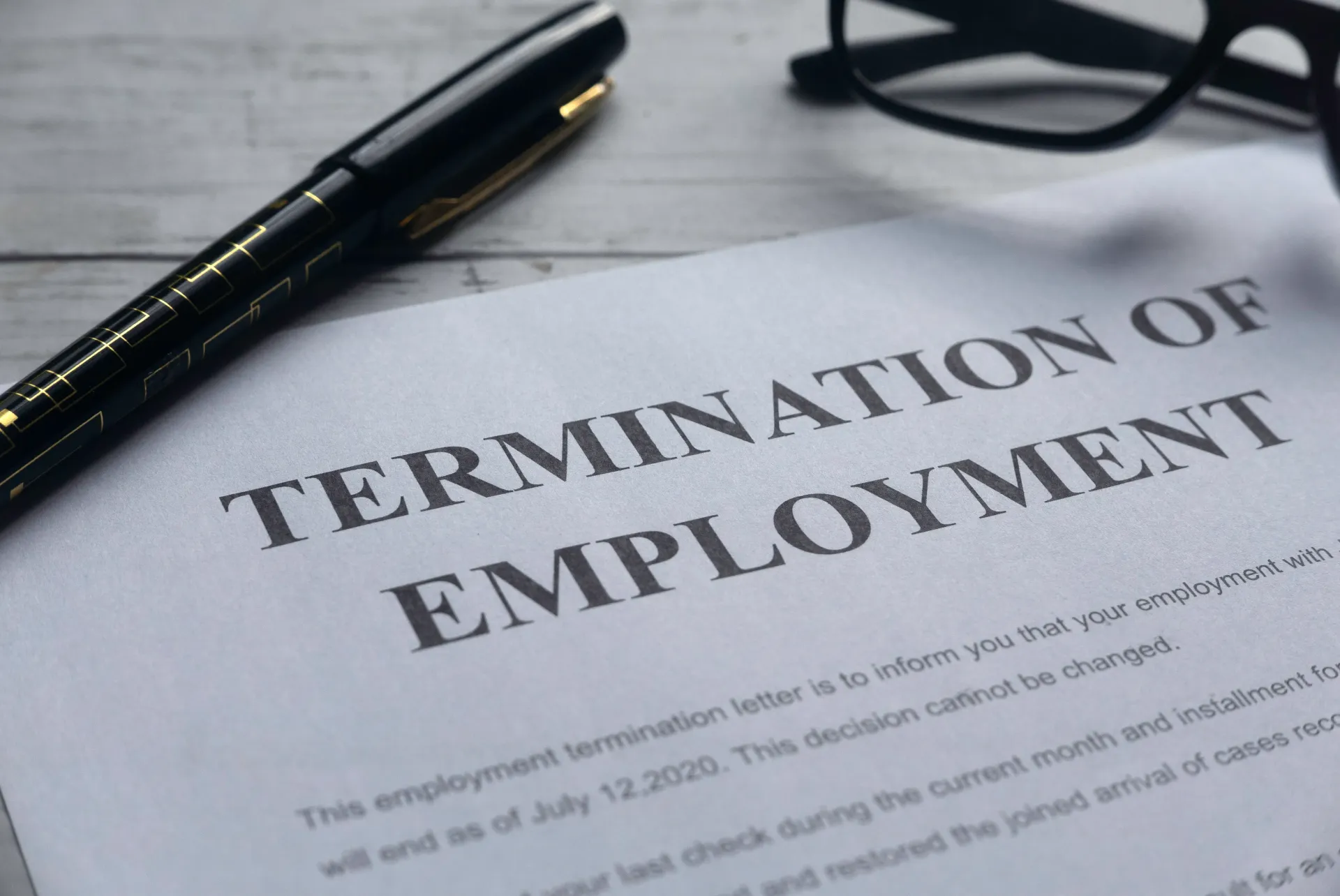Can You Collect Unemployment if You Get Fired in California?
Under certain circumstances, it is possible to collect unemployment after getting fired. For example, if a person is working for a company that downsizes for economic reasons, is laid off, or if they lose their job due to the company’s reduction in force, they can get unemployment.
What if a person is outright fired? Can they still collect unemployment?
If you have been fired through no fault of your own, you can collect unemployment benefits.
An employee who is fired for misconduct is typically not eligible for unemployment benefits.
To be ineligible for benefits, a person must meet four requirements:
- They owed a material duty to the employer meaning that had specific duties that were part of the job
- They committed a substantial breach of that duty
- In committing the breach of that duty they displayed a willful or wanton disregard for the duty (the violation was intentional and without regard to any consequences for the company, other workers, or the employee)
- The breach of duty is harmful or dangerous to the business interests of the employer
If the employee does not meet all four of the requirements, then they are entitled to receive unemployment benefits.
Can You File for Unemployment if You Quit in California?
A person who quits their job voluntarily is generally not eligible to receive unemployment benefits. However,
if they had a good reason for quitting they could be eligible.
This means that they wanted their job and would have remained at that job, but certain circumstances or situations made it necessary to leave. This may include:
- Harassment;
- Fraud by their employer;
- Illegal discrimination;
- Unsafe working conditions;
- Significant changes in work duties; or
- Employer refuses to pay wages owed.
When an employee terminates their employment for one or more of these reasons, they typically need to make some effort toward resolving the underlying issues before coming to the conclusion they must leave their employment. This can include talking about the issue with a supervisor or manager and giving the employer a reasonable amount of time for them to correct the situation before actually quitting.
Employees may also quit for serious health or family reasons while retaining the ability to collect unemployment. Some of those reasons include:
- The employee’s spouse got a job that requires them to relocate so the person needs to relocate with them;
- The employee is facing domestic violence;
- The employee is needed as a caregiver for a family member who is seriously ill; or
- The employee has been diagnosed with a serious illness or health condition.
Even if an employee who quits their job qualifies for unemployment benefits, they still must actively look for a job. If a substantial offer of employment is made, it must be accepted in typical circumstances. Otherwise, unemployment benefits may be lost.
How Do You Prove Good Cause for Quitting a Job in CA?
The proof needed for good cause for quitting a job depends on the reason for quitting. This is where an experienced employment law attorney is invaluable. They can help you build your case, especially if there was discrimination, harassment, or other reasons that may be difficult to prove. Our employment lawyers will review your case and help you gather the proof you need.
In the case of harassment, discrimination or other similar issues, you can show where you contacted your employer to inform them of the situation as well as any communication that was sent to you. If you received texts or emails from the people who were harassing you or discriminating against you, those are good proof as well.
Any documentation that you can provide to show that you had a good reason for quitting can likely be used in your case. If you quit due to unsafe working conditions, pictures of the work area, accident reports, notice to a supervisor, and even discussion about it between employees, vendors, supervisors, or customers can be used.
When You Need an Unemployment Lawyer in CA, We’re Here for You
If you have been fired or quit your job, it can feel like you are on shaky ground. California unemployment laws are complex and there are a lot of details that need to be addressed. When you need wrongful termination lawyers in California, call us and get the help you need. We will review your case and give you honest, direct feedback. If you have a case, we will tell you and we’ll go over the next steps you’ll need to take to get the benefits you deserve.
Call us Now 844-697-4448






